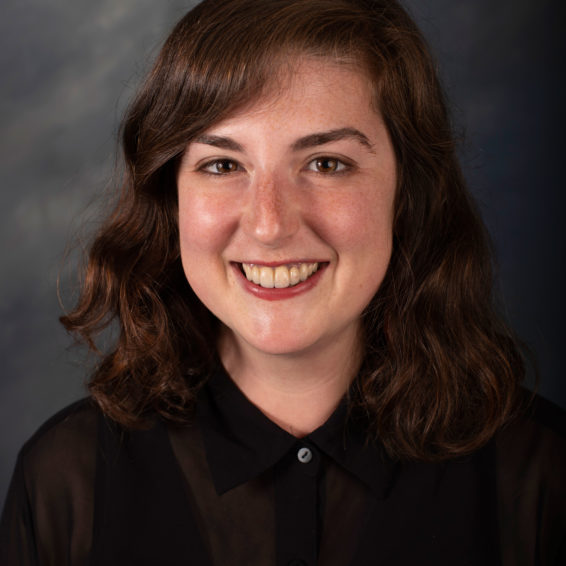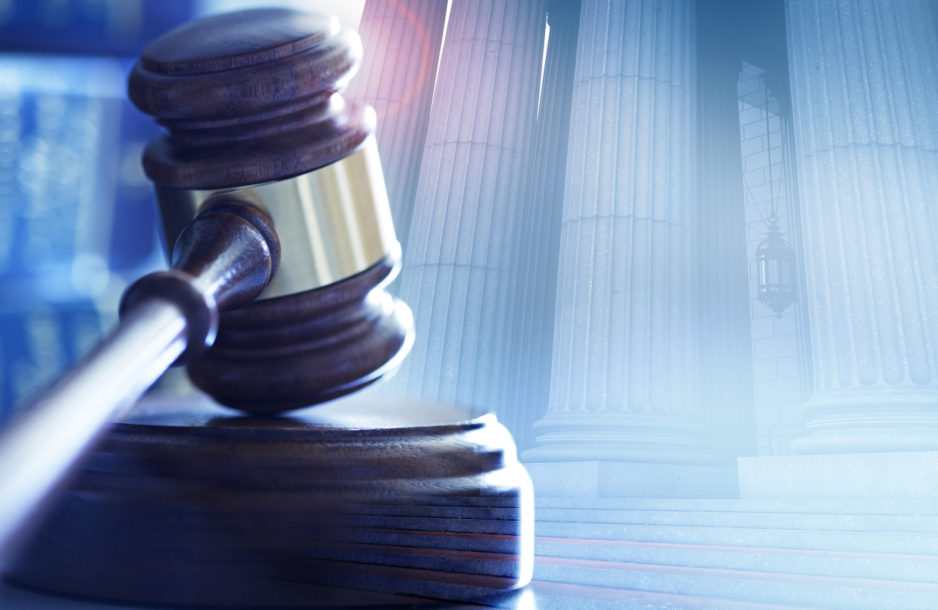Unlocking Technology to Promote Access to Justice: A Pilot to Reform Civil Justice Filing Systems (808J)
The U.S. legal system is in the grips of an access to justice (A2J) crisis. In roughly three-quarters of filed civil cases, one side lacks a lawyer and so must navigate the legal system alone, as a self-represented litigant. Unnecessary complexity and lack of access to tools that aid efficiency also reduce the effectiveness and availability of legal aid lawyers. The resulting access crisis is most pronounced in eviction cases, consumer debt cases, and family law and domestic violence cases, where self-represented litigants often square off against opponents with lawyers, from landlords to credit card and debt collection companies to better-resourced spouses and partners. The COVID-19 pandemic has both drawn attention to this calamity in our legal system and generated real momentum among major institutions and stakeholders in thinking about how to solve it.
This policy lab will continue the work performed during the fall version of the practicum in designing and launching an ambitious, multi-jurisdictional effort to help self-represented litigants through technology. The project seeks to simplify and standardize electronic filing systems by creating scalable technology tools in areas such as evictions, collections, and domestic violence. Students in the fall practicum interviewed state supreme court justices, court technology specialists, and key A2J voices in numerous jurisdictions to understand the A2J landscape in each. The winter quarter lab will deepen these relationships and move forward with the design and launch of the pilot, culminating in a kick-off convening at Stanford that brings together stakeholders from each of the participating jurisdictions.
As with the fall version, the practicum will be led by former Cisco General Counsel Mark Chandler, Professor David Freeman Engstrom, Co-Director of the Center on the Legal Profession, and Margaret Hagan, Director of the Stanford Legal Design Lab.
Prior participation in the fall practicum is not a prerequisite. Technical expertise is welcome but not needed, and we hope to draw students from a variety of disciplines, including undergraduates. Law students wishing to undertake R credit will perform additional research or take on additional tasks analyzing the issues and results of the collective research. R credit is possible only by consent of the instructor. After the term begins, and with the consent of the instructor, students accepted into the course may transfer from section (01) into section (02), which meets the R requirement. Elements used in grading: Attendance, Performance, Class Participation, Written Assignments. CONSENT APPLICATION: To apply for this course, students must complete and submit a Consent Application Form available at https://registrar.law.stanford.edu/. See Consent Application Form for instructions and submission deadline.




